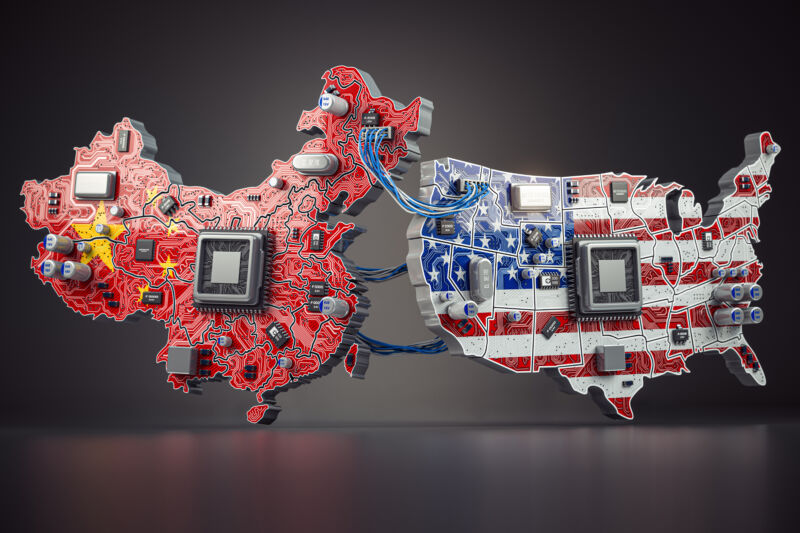- The chip vendor’s Chinese ownership has raised fears among security researchers and China-focused national security analysts that they could have a hidden backdoor that would allow China’s government to stealthily decrypt Western agencies’ secrets.
- And while no such backdoor has been found, security researchers warn that if one did exist, it would be virtually impossible to detect it.
- The mere fact that so many Western government agencies are buying products that include chips sold by the subsidiary of a company on the Commerce Department's trade restrictions list points to the complexities of navigating the computing hardware supply chain, says the Atlantic Council's Cary. “At minimum, it's a real oversight. Organizations that should be prioritizing this level of security are apparently not able to do so, or are making mistakes that have allowed for these products to get into their environments,” he says. “It seems very significant. And it’s probably not a one-off mistake.”
This story originally appeared on wired.com.
RED ALERT —
The US Navy, NATO, and NASA are using a shady Chinese company’s encryption chips
US government warns encryption chipmaker Hualan has suspicious ties to China’s military.

Specifically, the bureau noted that Hualan had been added to the list for “acquiring and ... attempting to acquire US-origin items in support of military modernization for [China's] People's Liberation Army.”

- Federal procurement records show that US government agencies from the Federal Aviation Administration to the Drug Enforcement Administration to the US Navy have bought encrypted hard drives that use the chips, too.
The disconnect between the Commerce Department’s warnings and Western government customers means that chips sold by Hualan’s subsidiary have ended up deep inside sensitive Western information networks, perhaps due to the ambiguity of their Initio branding and its Taiwanese origin prior to 2016.
- The chip vendor’s Chinese ownership has raised fears among security researchers and China-focused national security analysts that they could have a hidden backdoor that would allow China’s government to stealthily decrypt Western agencies’ secrets.
- And while no such backdoor has been found, security researchers warn that if one did exist, it would be virtually impossible to detect it.
“If a company is on the Entity List with a specific warning like this one, it’s because the US government says this company is actively supporting another country’s military development,” says Dakota Cary, a China-focused research fellow at the Atlantic Council, a Washington, DC-based think tank. “It's saying you should not be purchasing from them, not just because the money you’re spending is going to a company that will use those proceeds in the furtherance of another country’s military objectives, but because you can’t trust the product.”
- Technically, the Entity List is an “export control” list, says Emily Weinstein, a researcher at Georgetown University's Center for Security and Emerging Technology.
- That means US organizations are forbidden from exporting components to companies on the list, rather than importing components from them.
- But Cary, Weinstein, and the Commerce Department note that it's often used as a de facto warning to US customers not to buy from a listed foreign company, either. Both networking firm Huawei and drone-maker DJI have been added to the list, for instance, for their alleged ties to the Chinese military. “It’s used somewhat as a blacklist,” says Weinstein. “The Entity List should be a red or maybe a yellow alert to anyone in the US government who’s working with this company to take a second look at this.”
RELATED




No comments:
Post a Comment